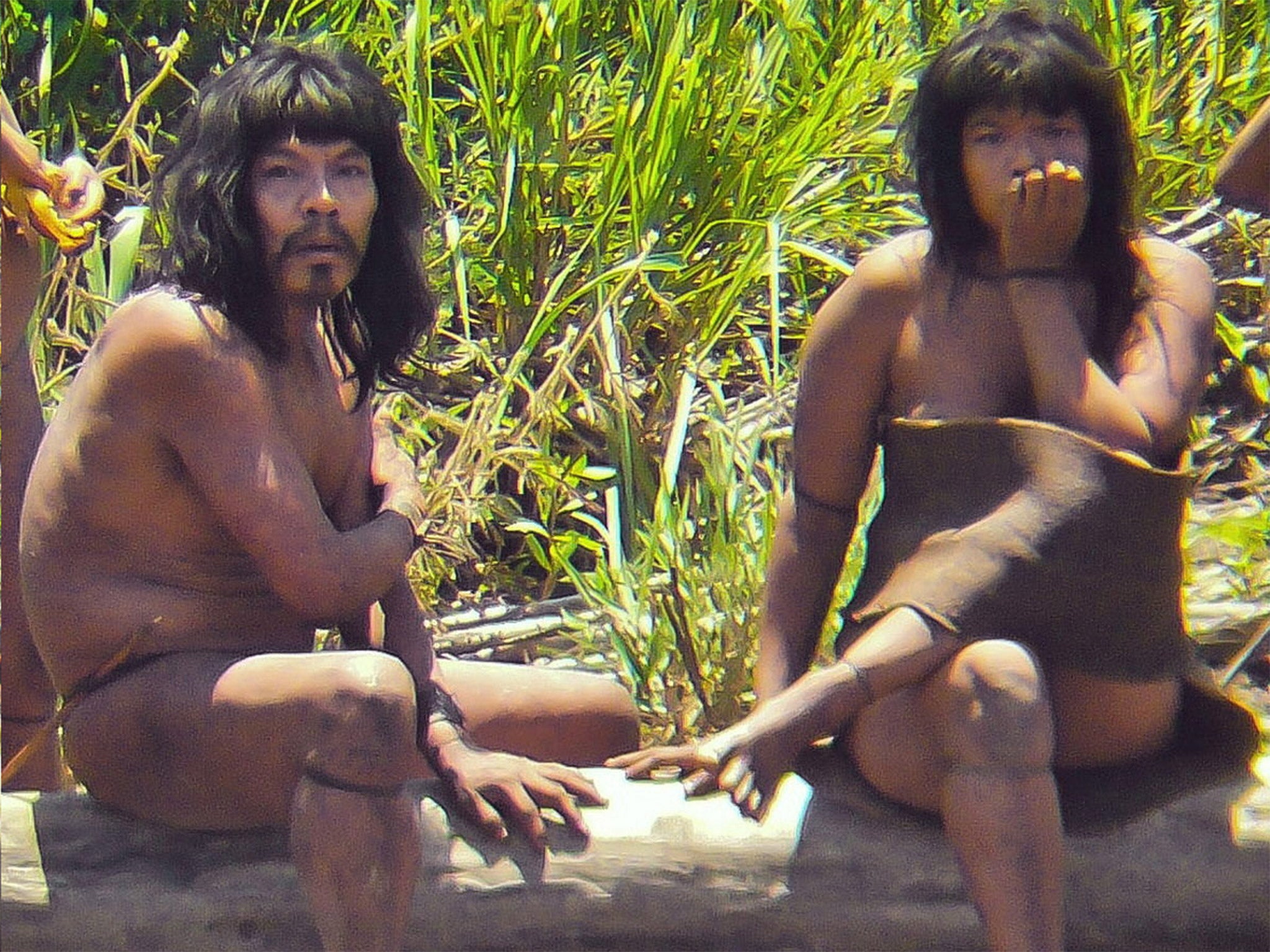Canadian oil company pulls out of national park in Peruvian Amazon
The decision to stop the concession which was seen as a threat to uncontacted indigenous tribes has been hailed as a significant victory by campaigners

Your support helps us to tell the story
From reproductive rights to climate change to Big Tech, The Independent is on the ground when the story is developing. Whether it's investigating the financials of Elon Musk's pro-Trump PAC or producing our latest documentary, 'The A Word', which shines a light on the American women fighting for reproductive rights, we know how important it is to parse out the facts from the messaging.
At such a critical moment in US history, we need reporters on the ground. Your donation allows us to keep sending journalists to speak to both sides of the story.
The Independent is trusted by Americans across the entire political spectrum. And unlike many other quality news outlets, we choose not to lock Americans out of our reporting and analysis with paywalls. We believe quality journalism should be available to everyone, paid for by those who can afford it.
Your support makes all the difference.A Canadian oil and gas company has decided to halt a huge concession in the Peruvian Amazon which was seen as a threat to uncontacted indigenous tribes.
Pacific Exploration and Production, who began its first phase of oil exploration back in 2012, was previously awarded the right to explore for oil in a large area of the region which contains massive biodiversity. It is thought to be home to more uncontacted tribes than anywhere else in the world.
The concession, referred to as Lot 135, includes around 40 per cent of the Sierra del Divisor national park which was founded back in 2015.
The concession, which stretches for more than one million hectares and is estimated to hold prospective deposits of almost one billion barrels of oil, has sparked massive resistance in Peru and its neighbour Brazil for many years.
Oil exploration requires continued and consistent invasion of land which has the ability to drastically increase the risk of forced contact with uncontacted tribes. It makes the tribes more likely to experience violence from outsiders who commandeer their land and resources and vulnerable to illnesses such as flu and measles which they have no resistance towards.
The firm’s decision to pull the concession was first revealed by Survival International, an NGO based in the UK. In a letter dated 13 March 2017, Institutional Relations and Sustainability Manager Alejandro Jimenez Ramirez told the charity the company would be relinquishing its exploration plans. The last day of Pacific’s contract is said to have been 17 March.
“As you may know, the company has a new management and post evaluations of current opportunities, it has made the decision to relinquish its exploration rights in Block 135 and return the block to Perupetro [the Peruvian state entity responsible for establishing concessions and contracting companies] effective immediately,” he said.
“To date legal processes are underway. . . [W]e wish to reiterate the company’s commitment to conduct its operations under the highest sustainability and human rights guidelines, avoiding damages to cultures and their surroundings; a value promise we feel remains intact.”
While the decision has been hailed as a significant victory by campaigners, the Toronto-listed company has in the past been insistent about the fact they halted plans because of financial concerns.
David Frietas from Regional indigenous federation ORPIO told The Guardian the decision was “good news” but warned that the concession is still in existence and a different company could be brought into embark on oil exploration instead.
“The essential thing is for Lot 135 to be annulled. It can be done. More pressure [is required]," he said.
Join our commenting forum
Join thought-provoking conversations, follow other Independent readers and see their replies
Comments